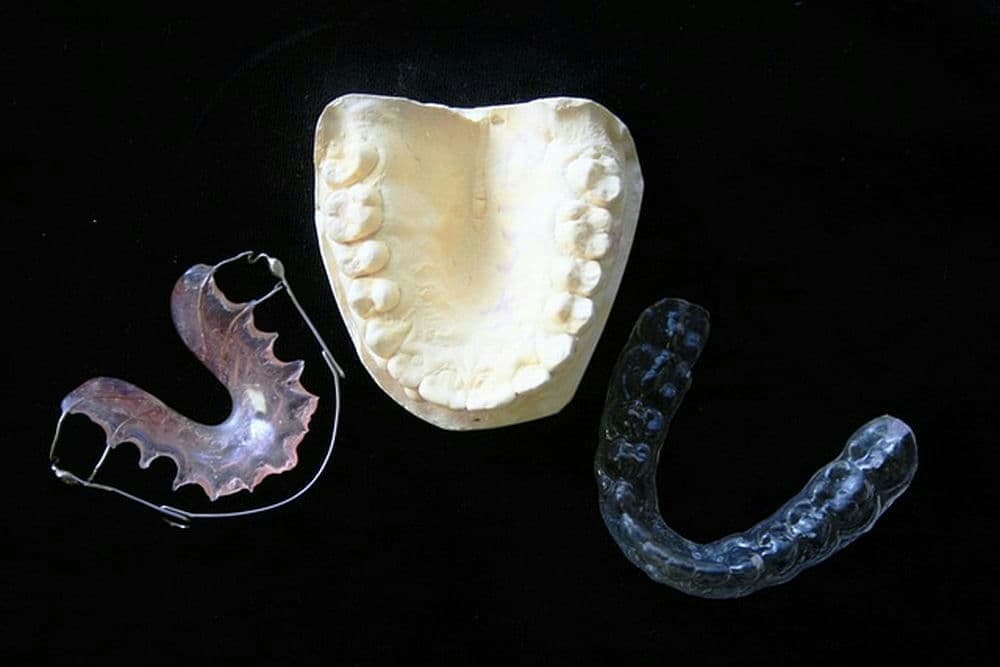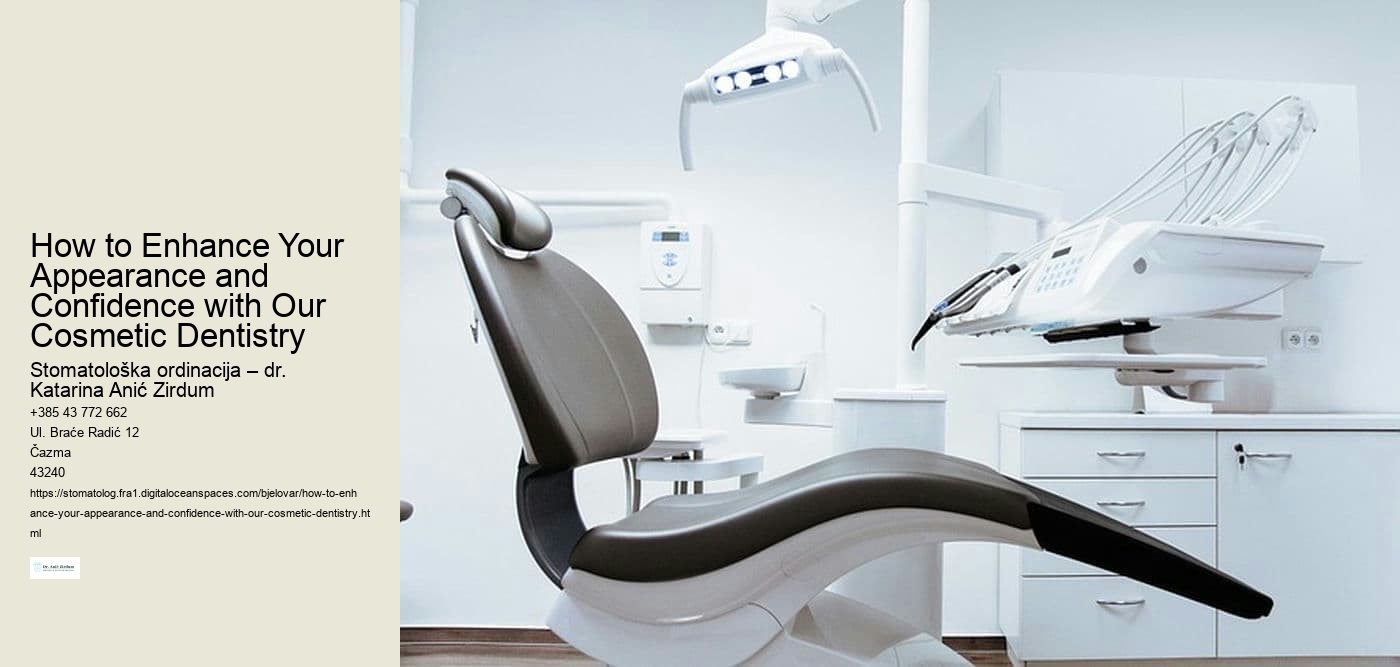
hybridge dental implants cost
Options may come with a natural bone graft, equivalent to from another location on your body, or an artificial bone graft, reminiscent of bone-alternative material that may give aid buildings for brand spanking new bone growth.
)What are the dangers or problems of dental implants?Like any surgery, dental implant placement incorporates the capability for issues. Possible risks come with:Infection. Sinus damage. Nerve damage. Improper implant placement. Allergic reaction to titanium (very rare). When an skilled medical professional places implants, the chance of complications is minimum. If you’re considering getting dental implants, you'll want to find a provider you trust. Who shouldn’t get dental implants?Certain risk factors can affect dental implant candidacy. Dental implants might not be right for you if you:Are under the age of 18. (Most surgeons won’t place dental implants unless your jaw has stopped starting to be.
clearchoice dental implants
For help to quit smoking, please speak in your nurse or call our quit smoking provider on 020 7188 0995.
Following your dental implant placement, your physician will periodically check for your progress. Once the dental implant has fused along with your jaw, it’s safe to add the recovery on top. Placing a dental restoration too soon can lead to implant failure. How long do dental implants last?Currently, dental implants are the longest-lasting teeth substitute option available. With proper care and maintenance, they can last an entire life. However, the recuperation on top of your dental implant will need replacing at some point.


full mouth dental implants price
Only in this way can it be determined even if another application regulations apply.
Talk to your dental specialist about which option is better for you. Your dental care team will educate you about eating and ingesting before surgical procedure, dependent on what variety of anesthesia you've got. If you're having sedation or well-known anesthesia, plan to have an individual take you home after surgery and expect to rest for the rest of the day. What that you could expectDental implant surgical procedure is typically an outpatient surgical procedure conducted in stages, with curative time among tactics. The strategy of placing a dental implant involves distinct steps, adding:Damaged tooth removalJawbone training (grafting), when neededDental implant placementBone growth and healingAbutment placementArtificial tooth placementThe entire course of can take many months from begin to finish. Much of that point is dedicated to curative and waiting for the growth of new bone in your jaw. Depending for your condition, the specific process done or the materials used, certain steps can occasionally be combined. When bone grafting is requiredIf your jawbone isn't thick enough or is too soft, you could need bone grafting before you may have dental implant surgery. That's because the effectual chewing action of your mouth exerts great force to your bone, and if it can't aid the implant, the surgery likely would fail. A bone graft can create a more solid base for the implant. There are several bone graft parts that can be utilized to rebuild a jawbone.
inexpensive dental implants
If swelling, pain or another problem gets worse in the times after surgical procedure, touch your oral surgeon.
Dental implants have full chewing power and implant-supported bridges or dentures also considerably augment the chewing power. Dentures may click while eating. With implants or implant-supported dentures, there’s no stressful clicking sound. Dentures don’t supply the stimulation needed to prevent bone loss. The jawbone needs to have the stimulation of high-pressure chewing to keep its volume. Implants ensure no jaw bone is lost.
